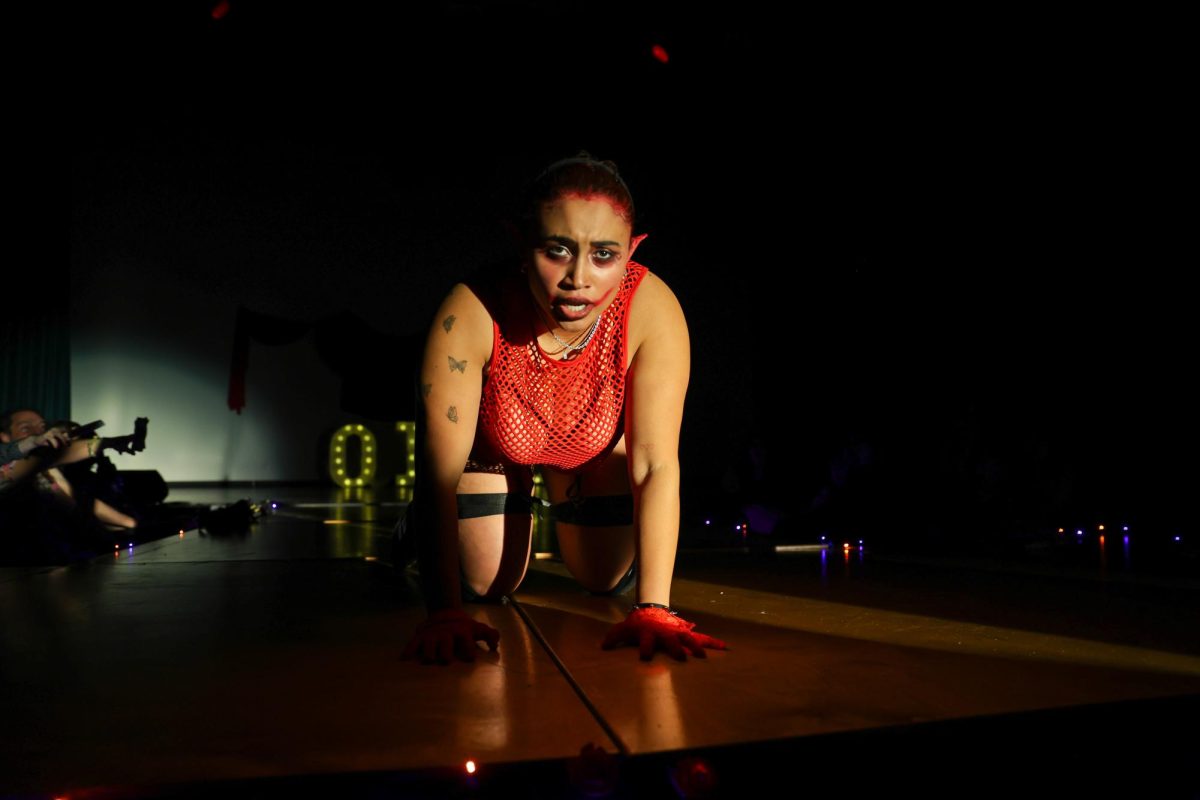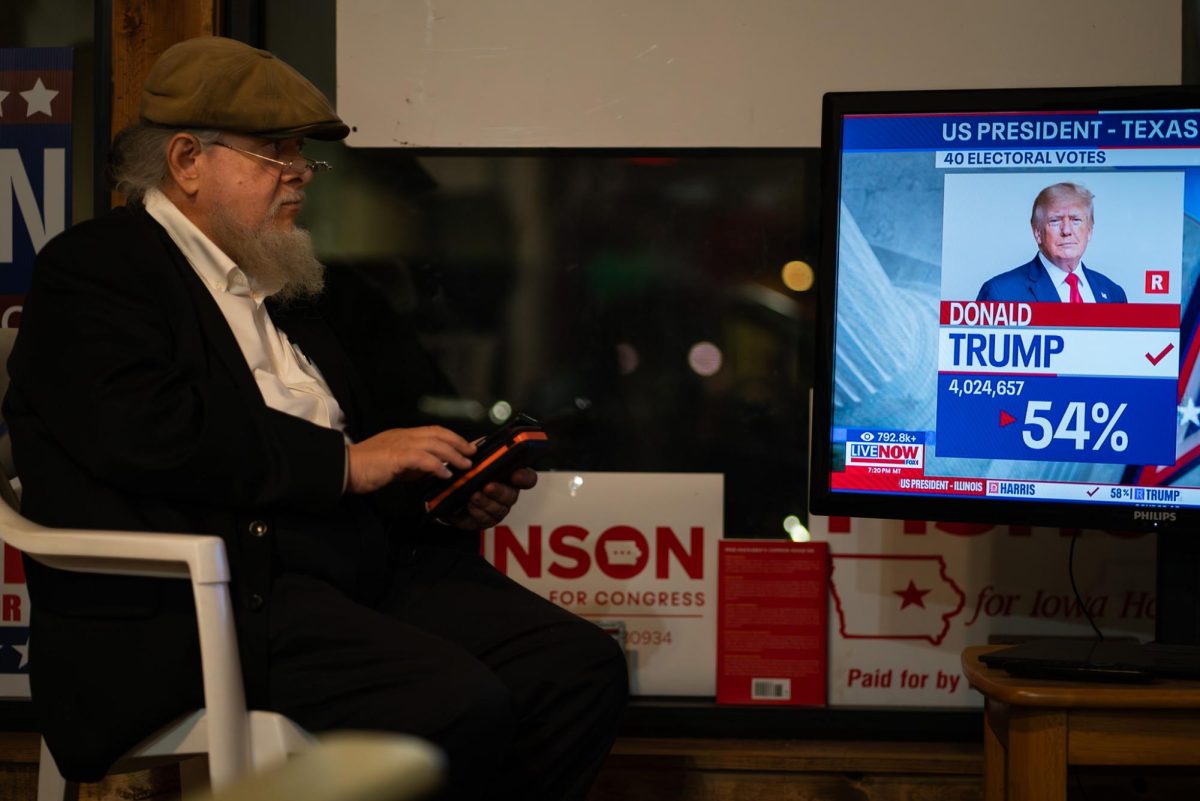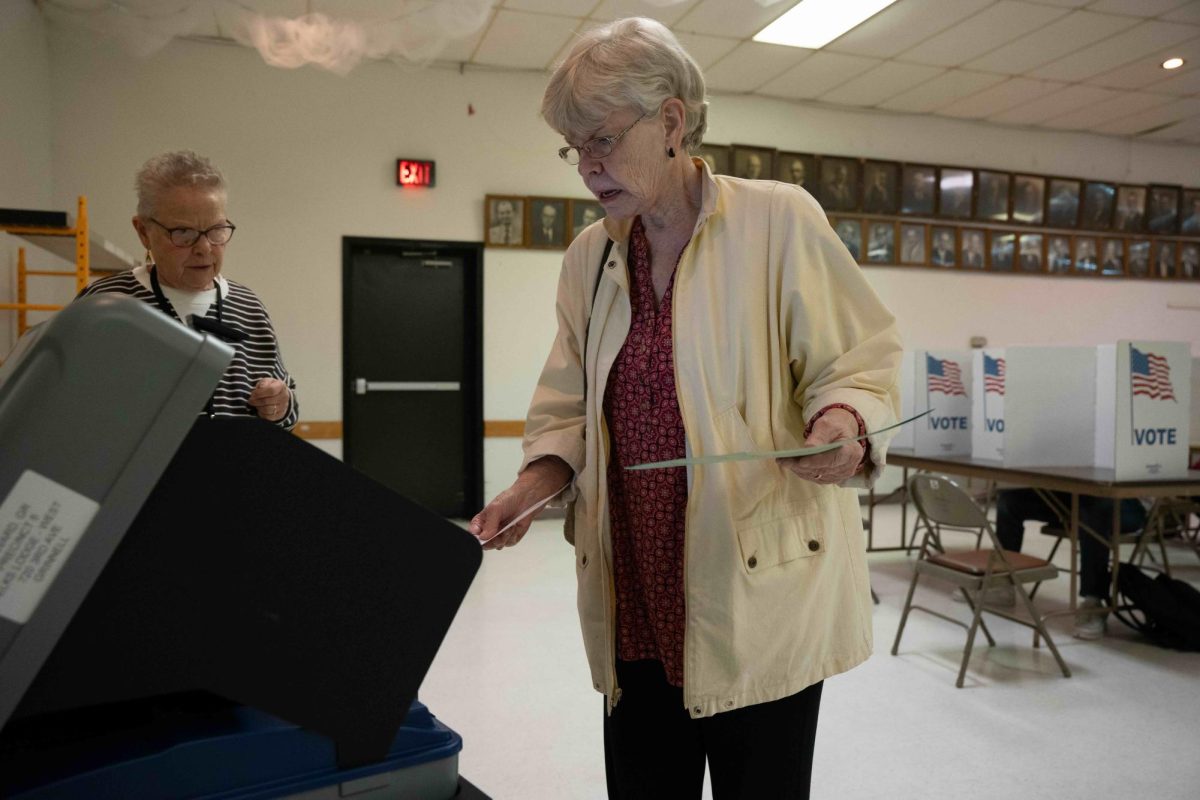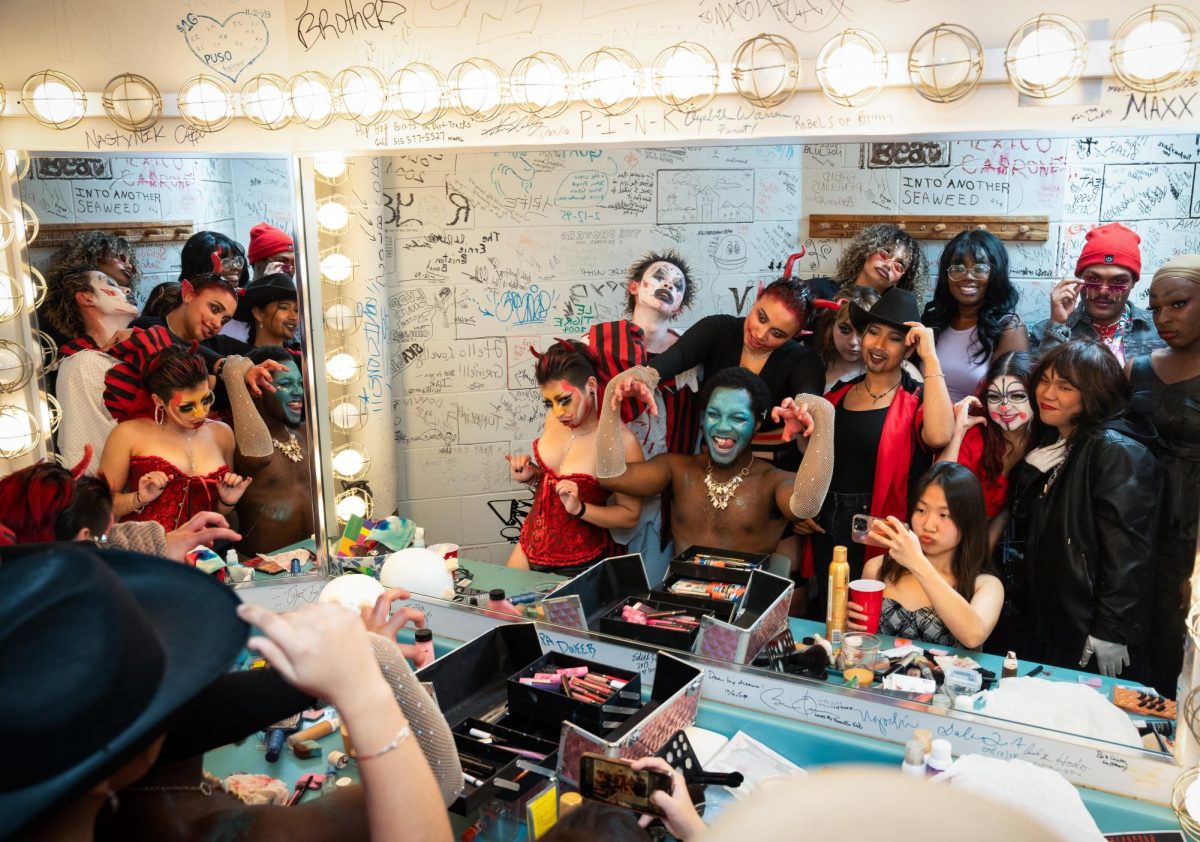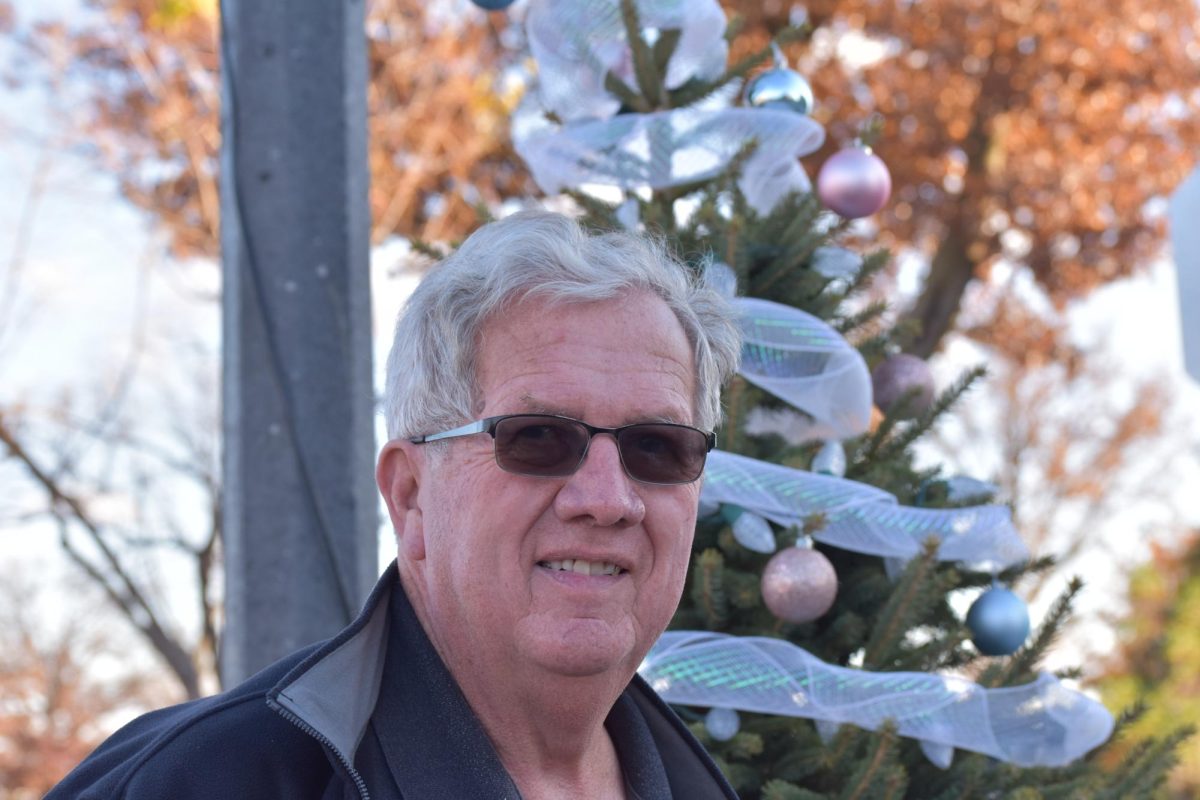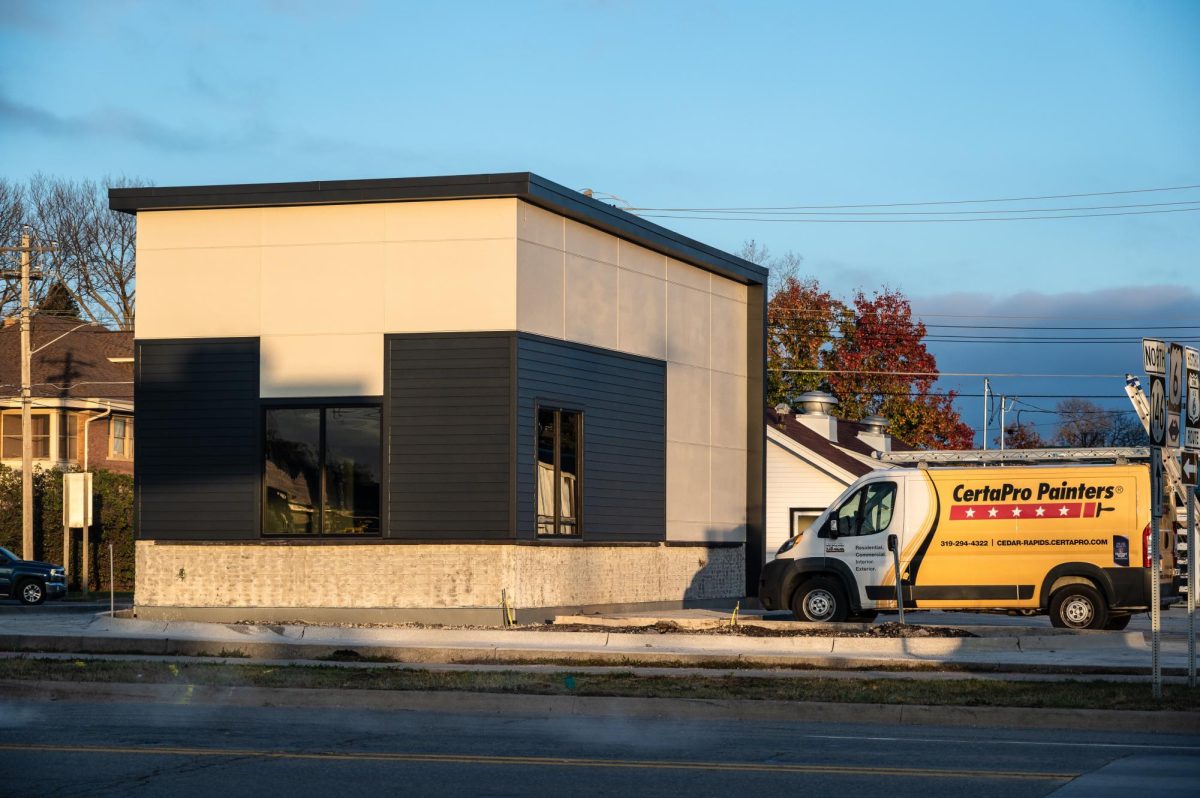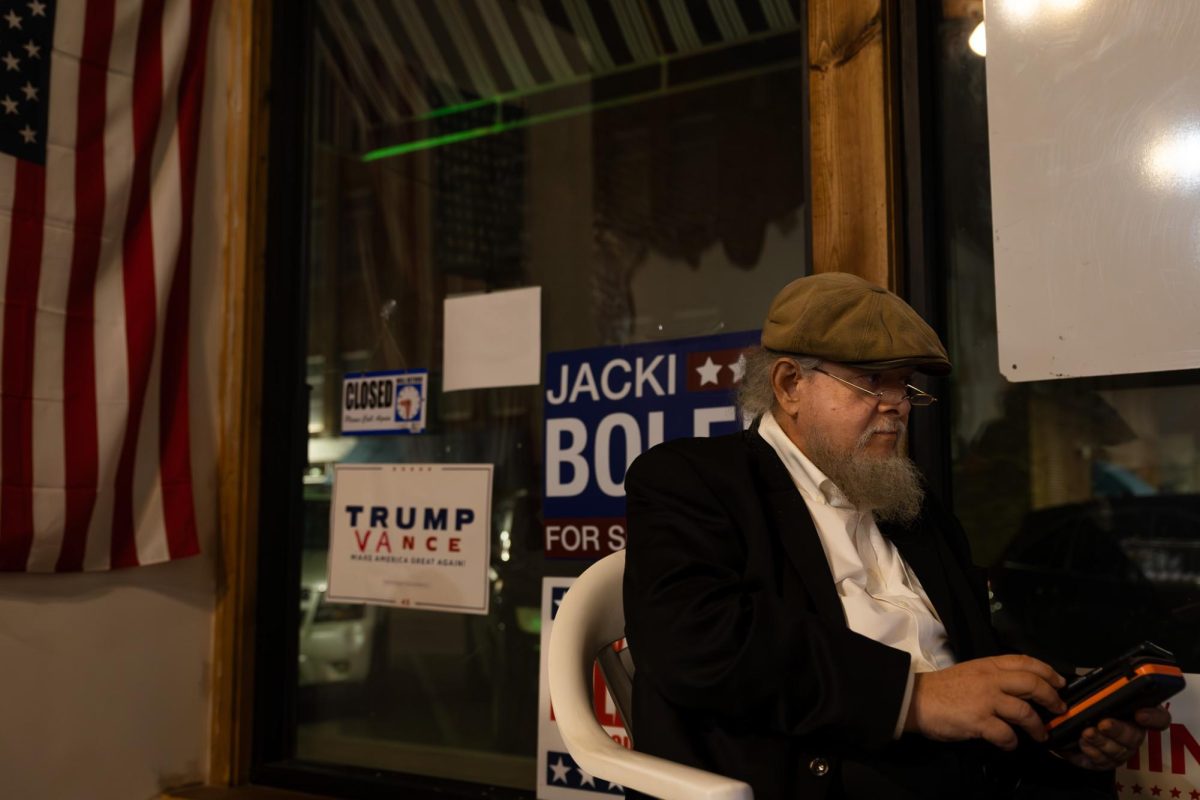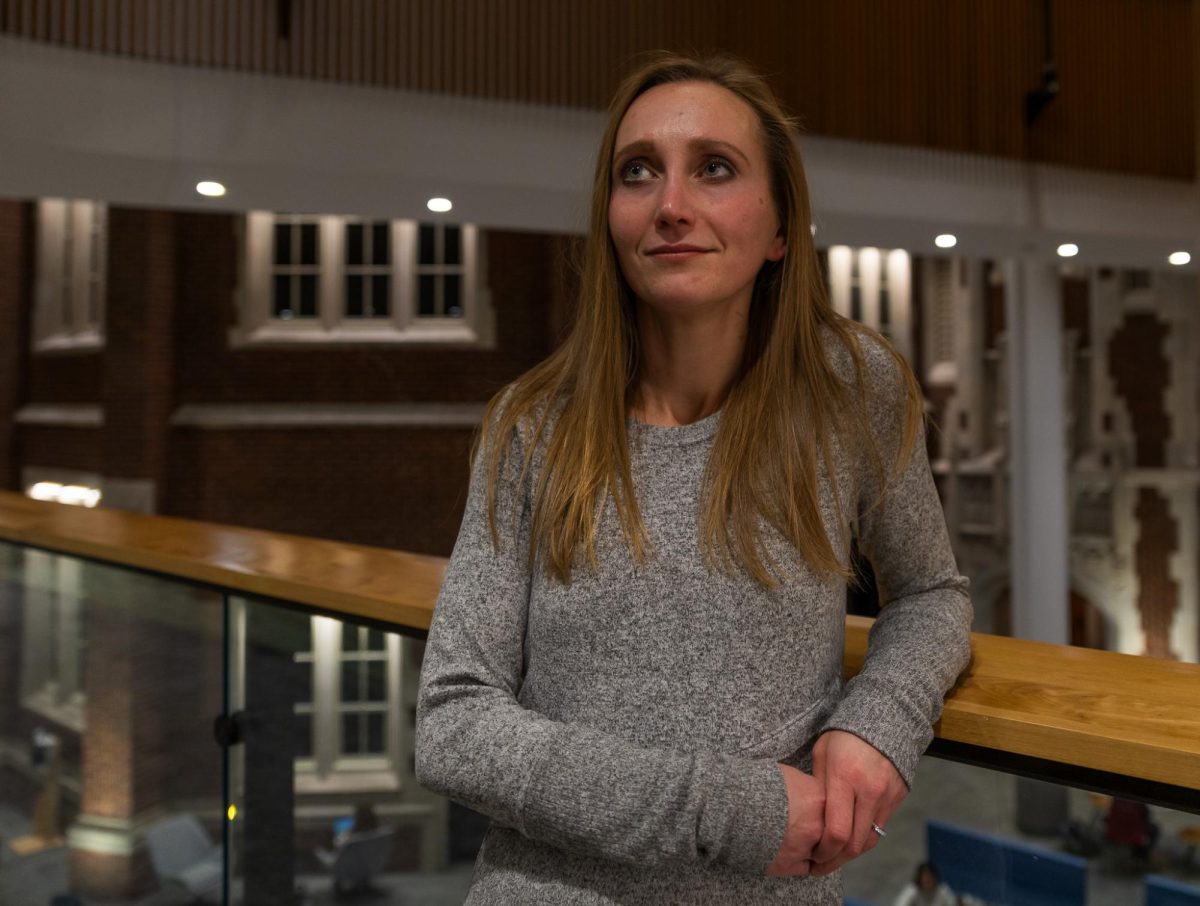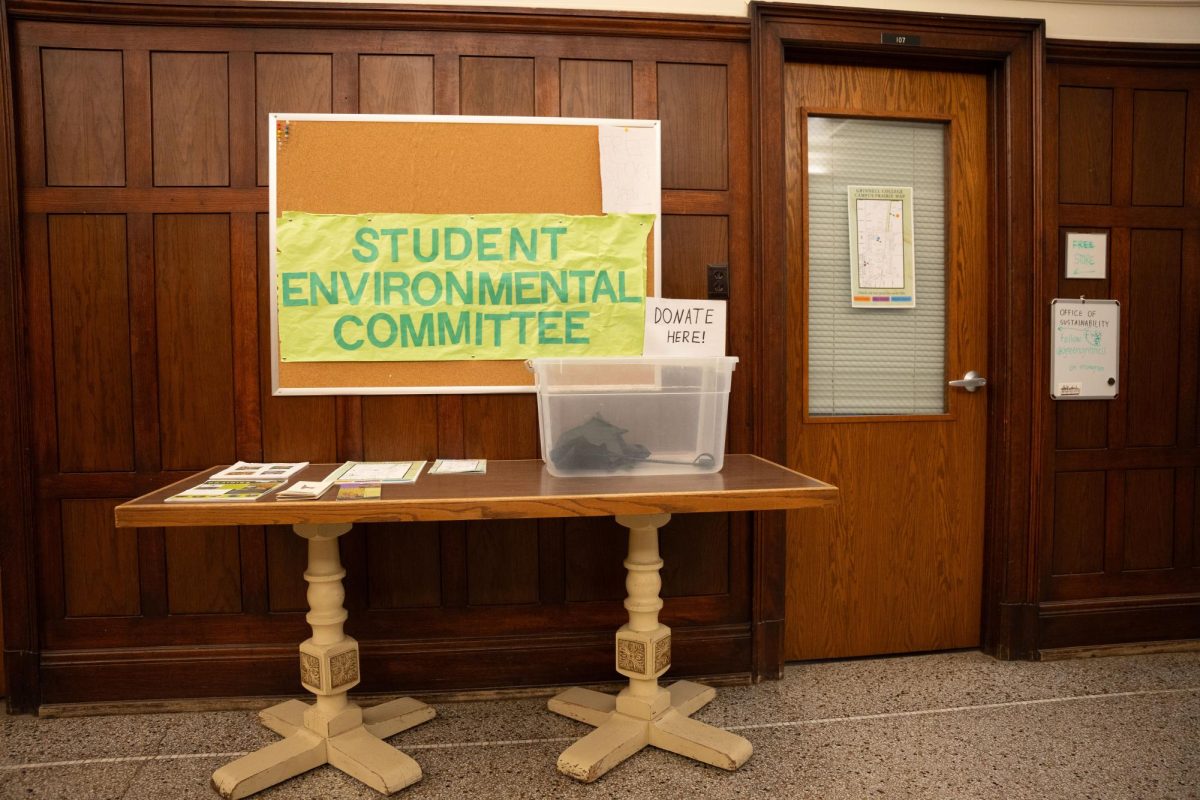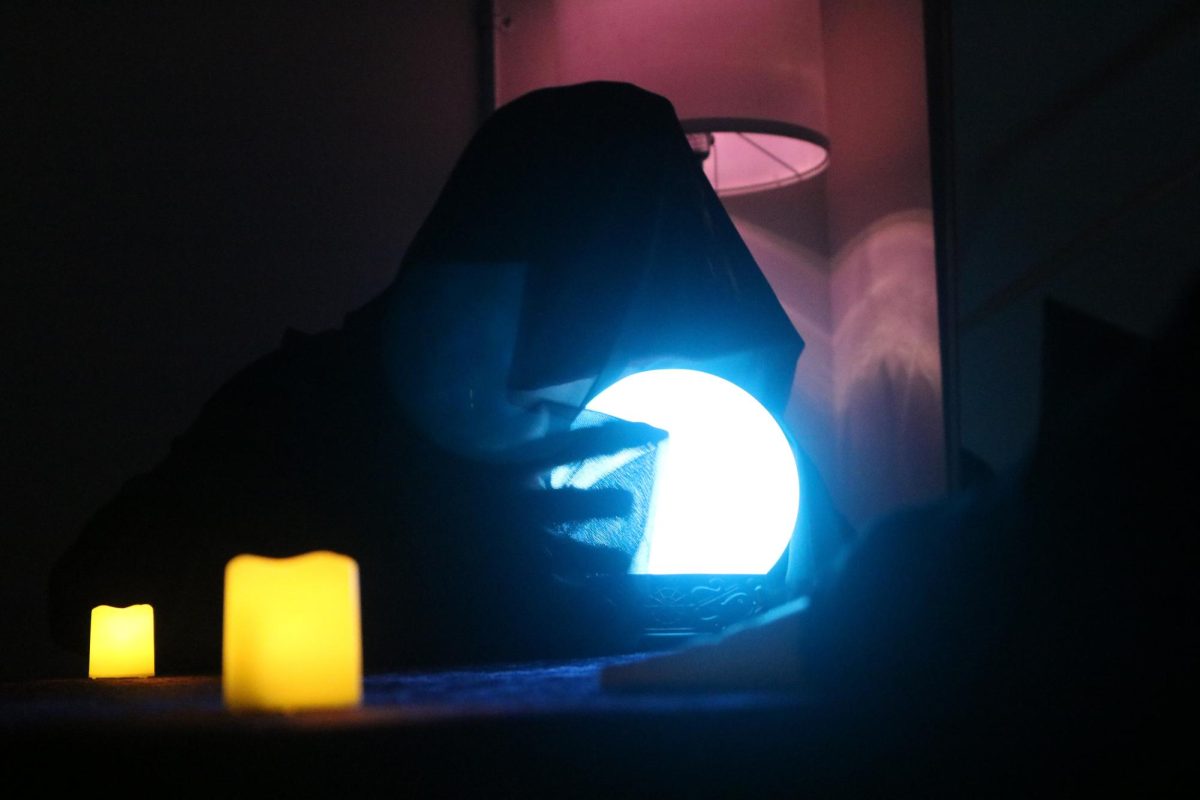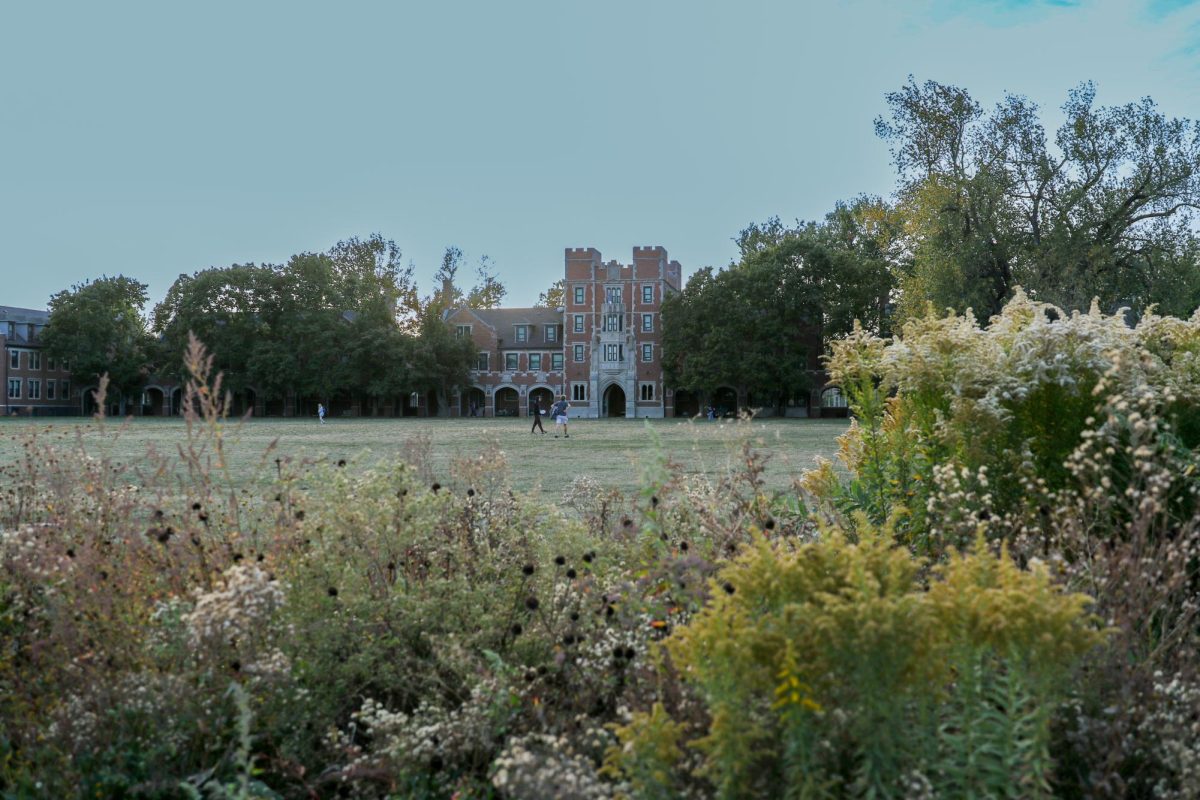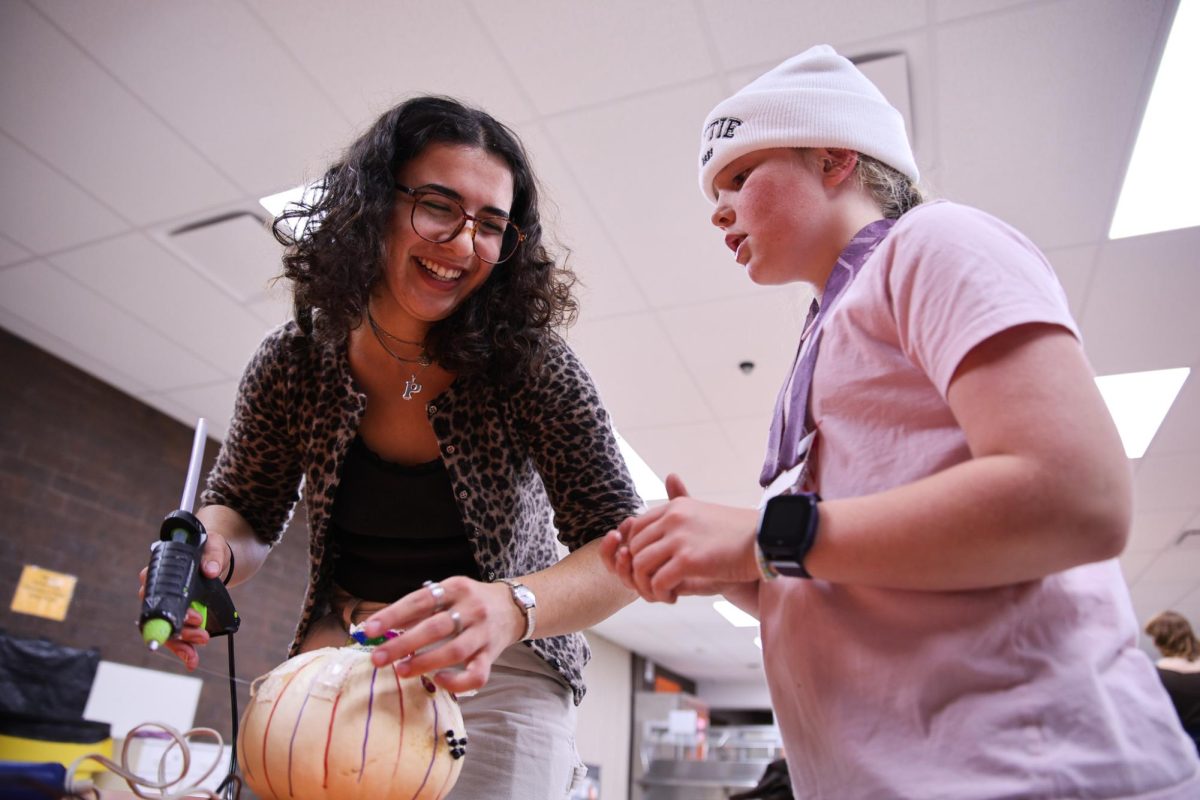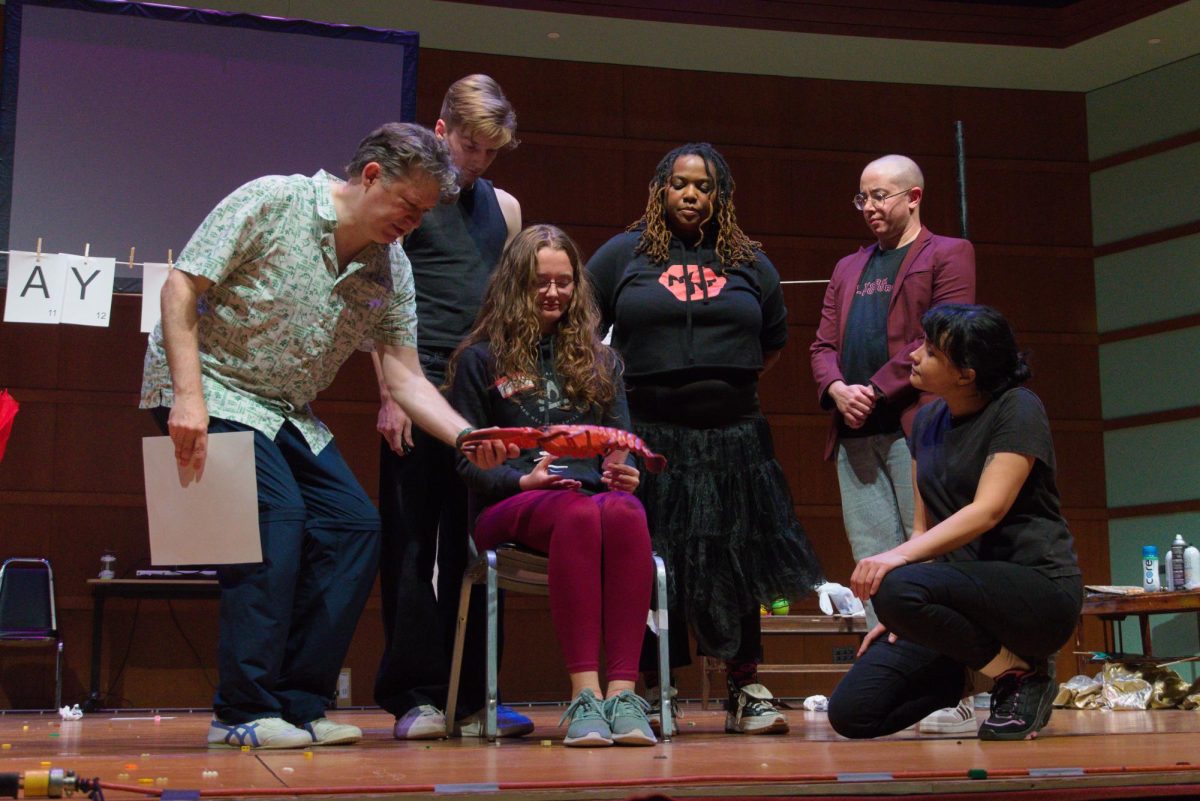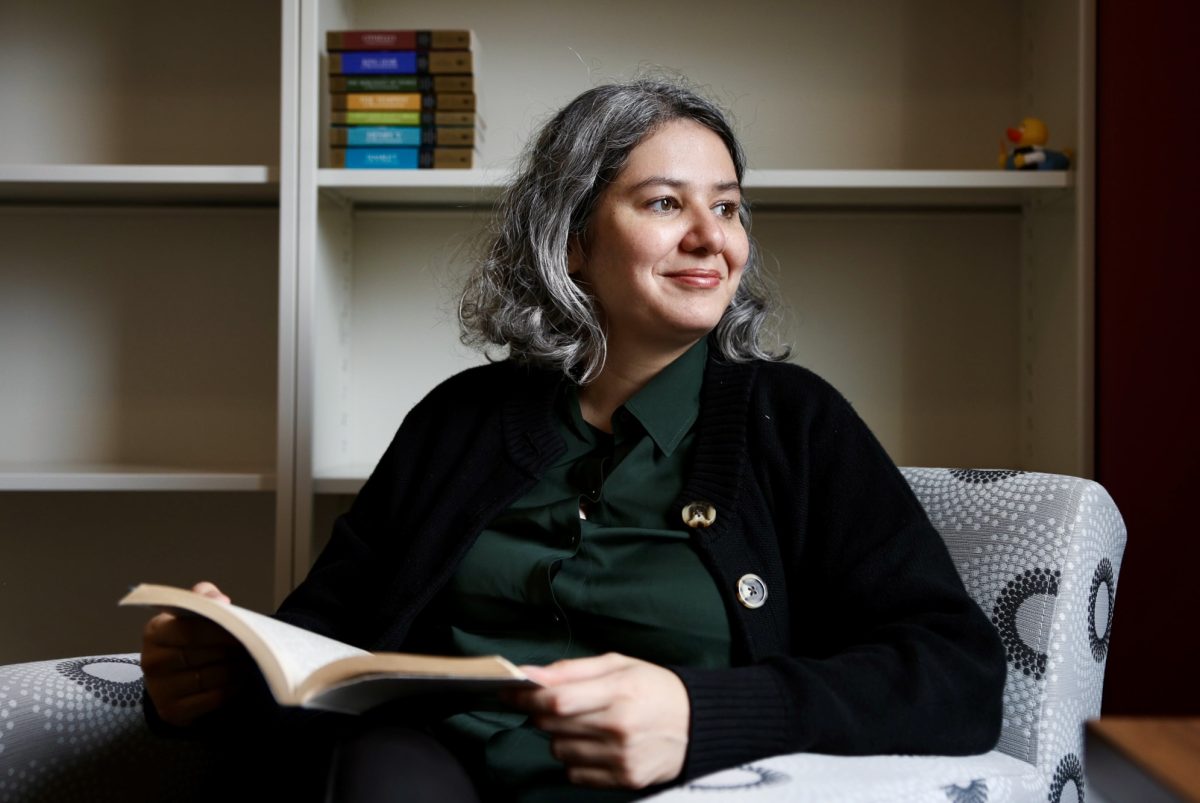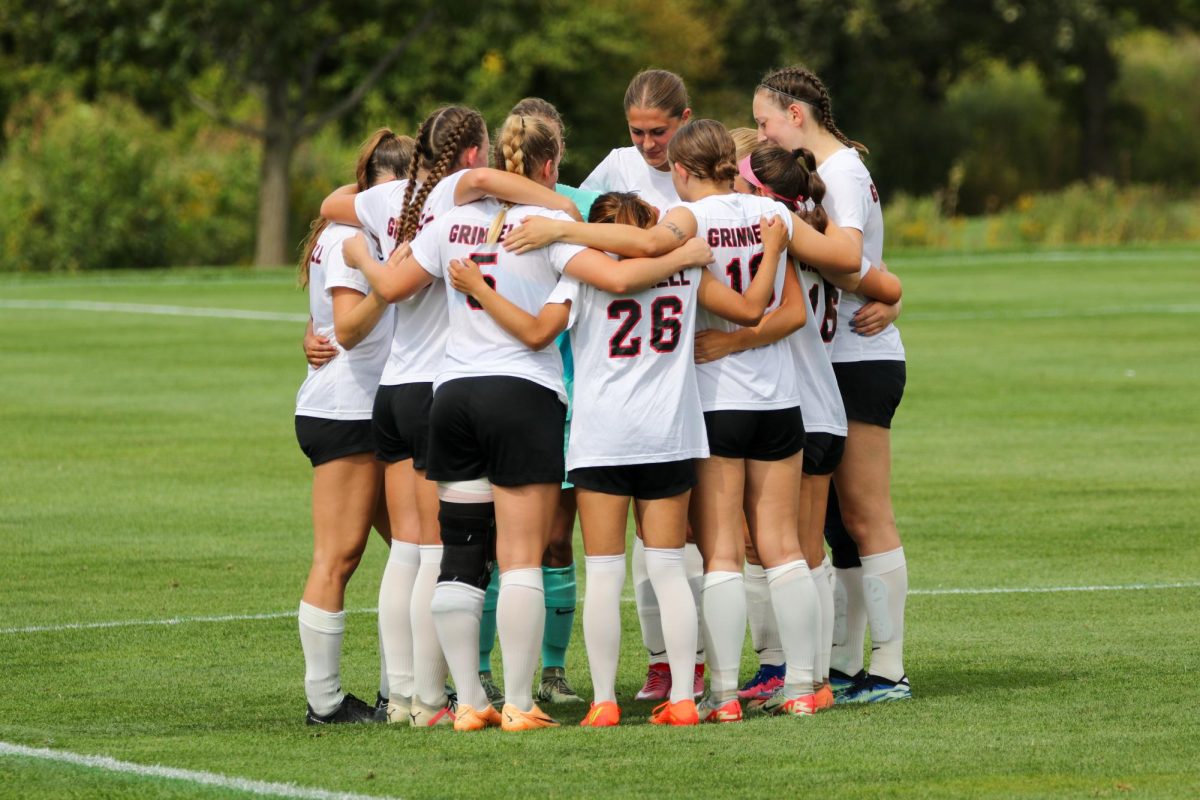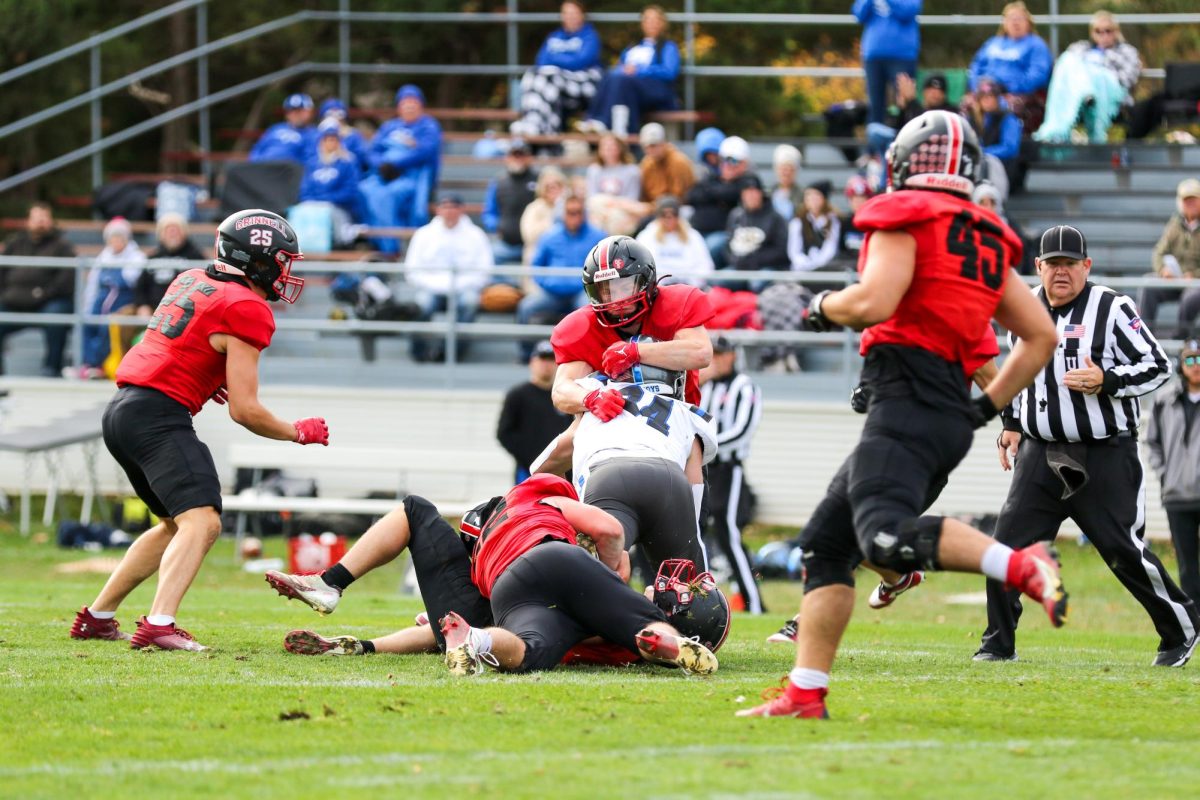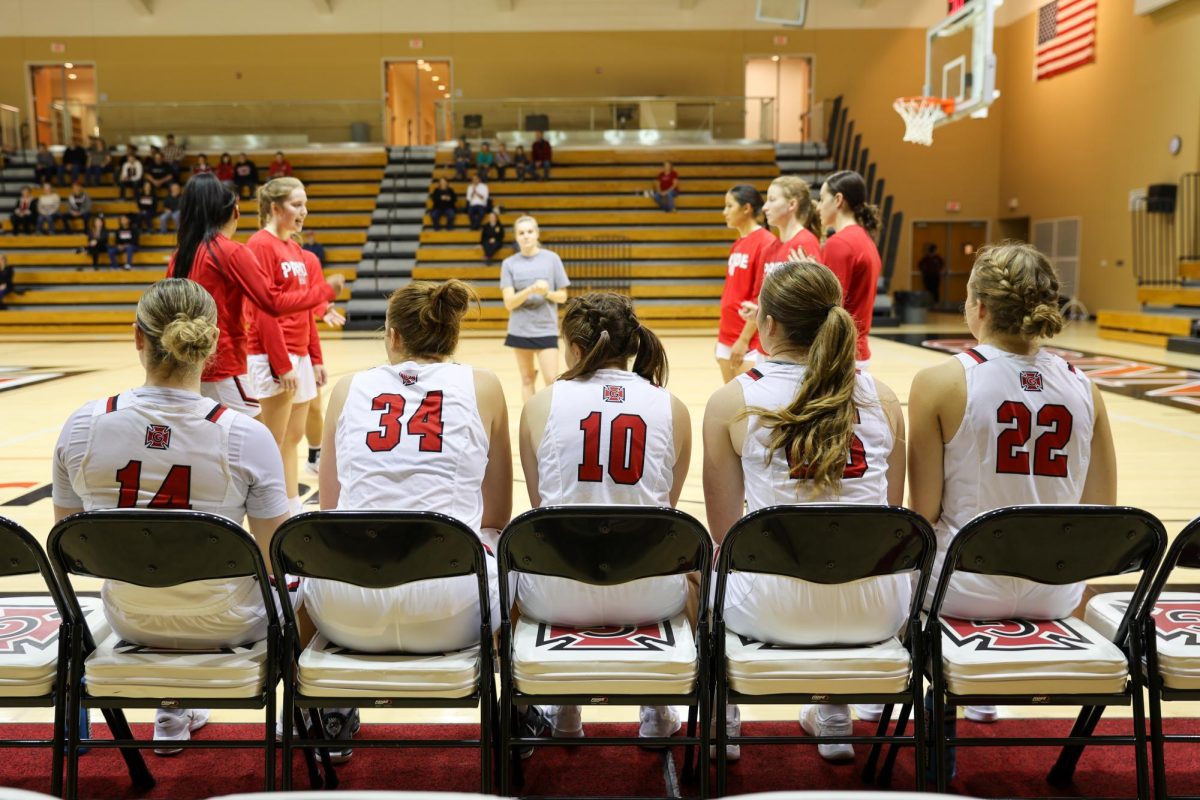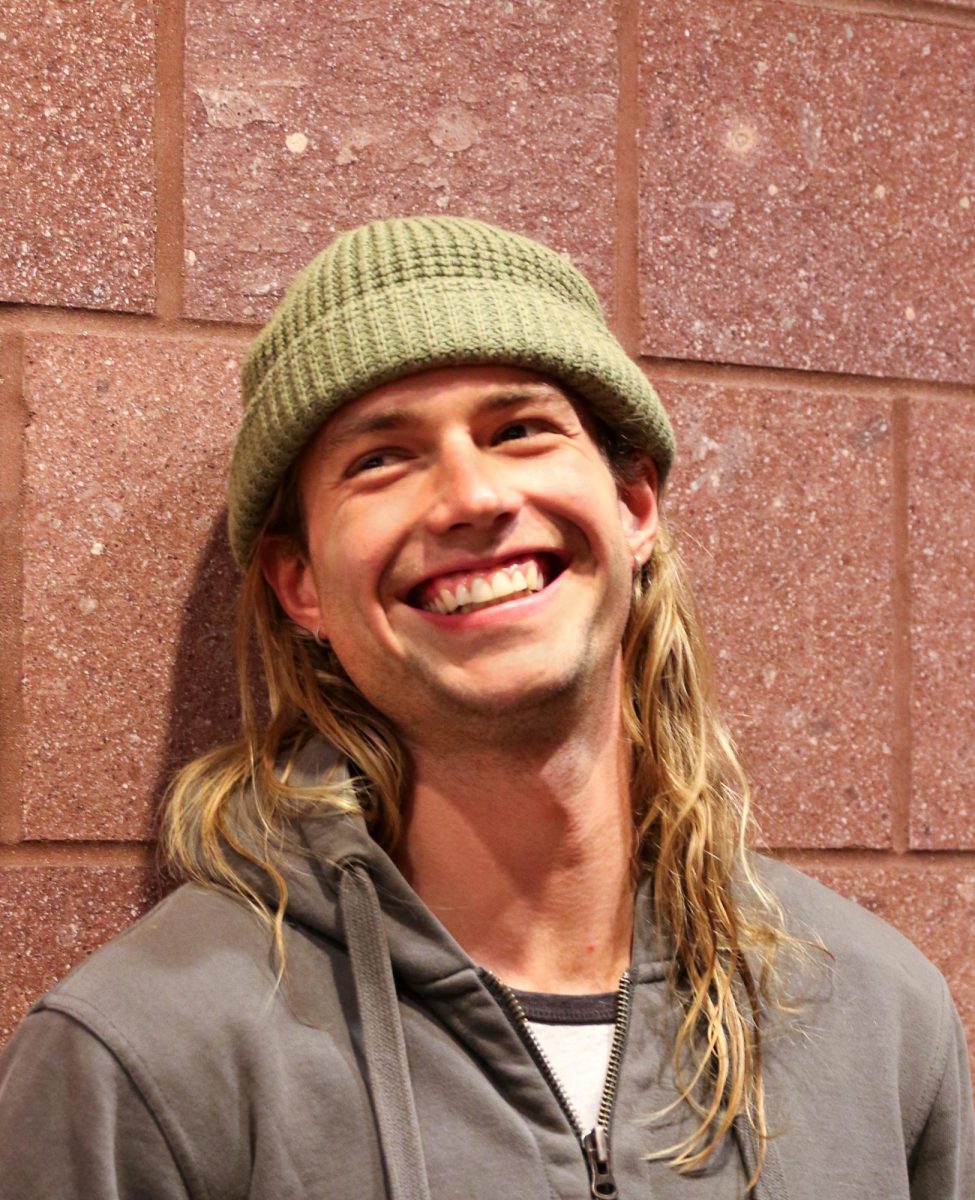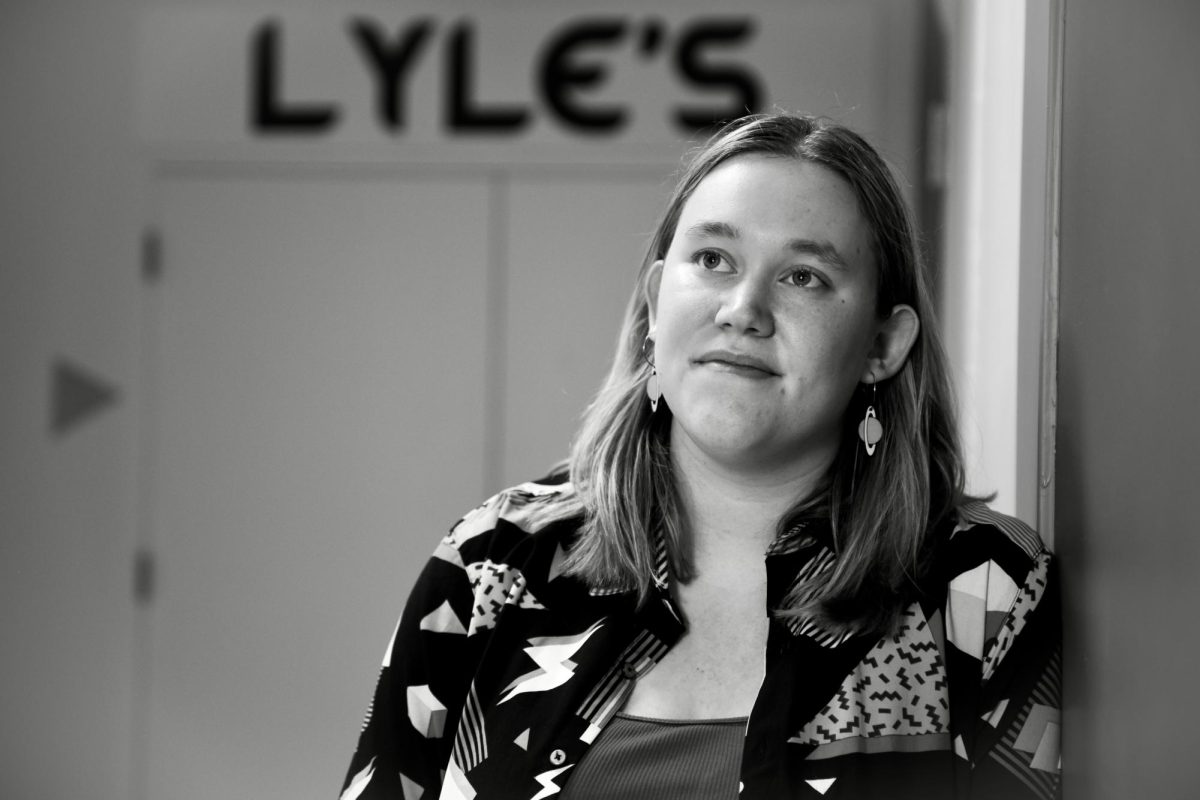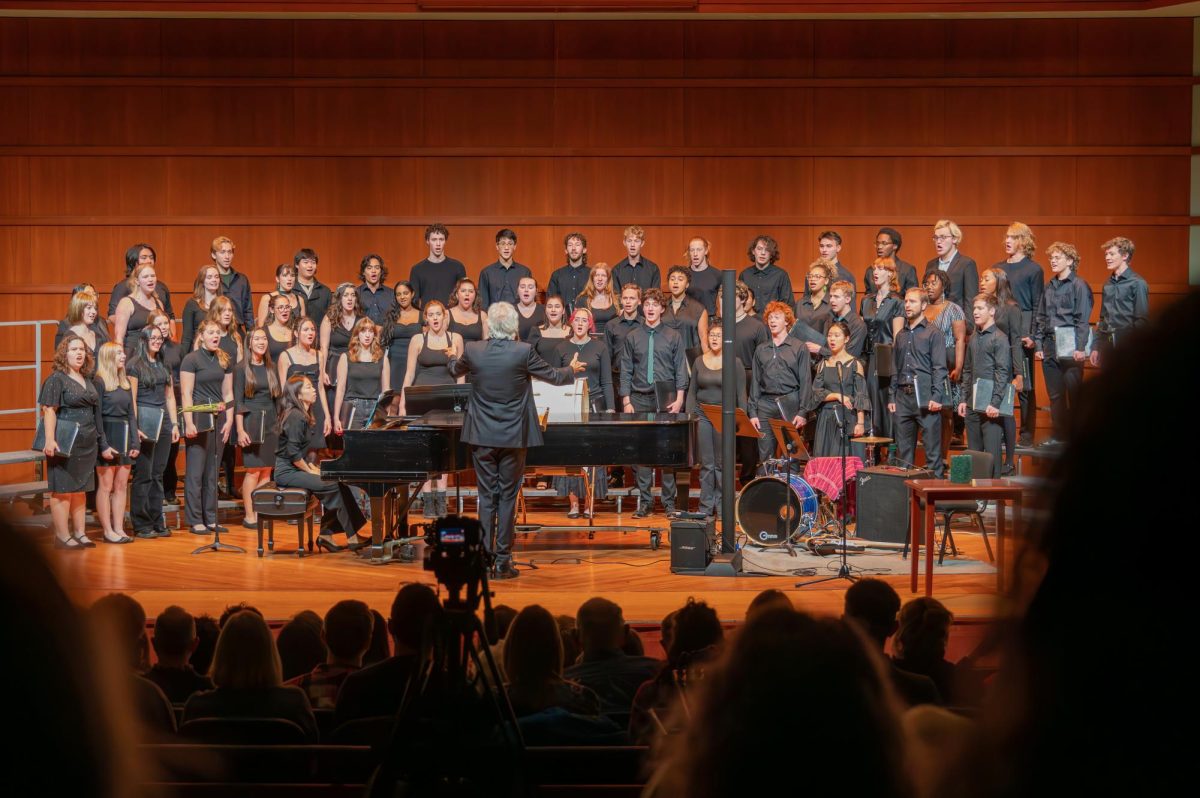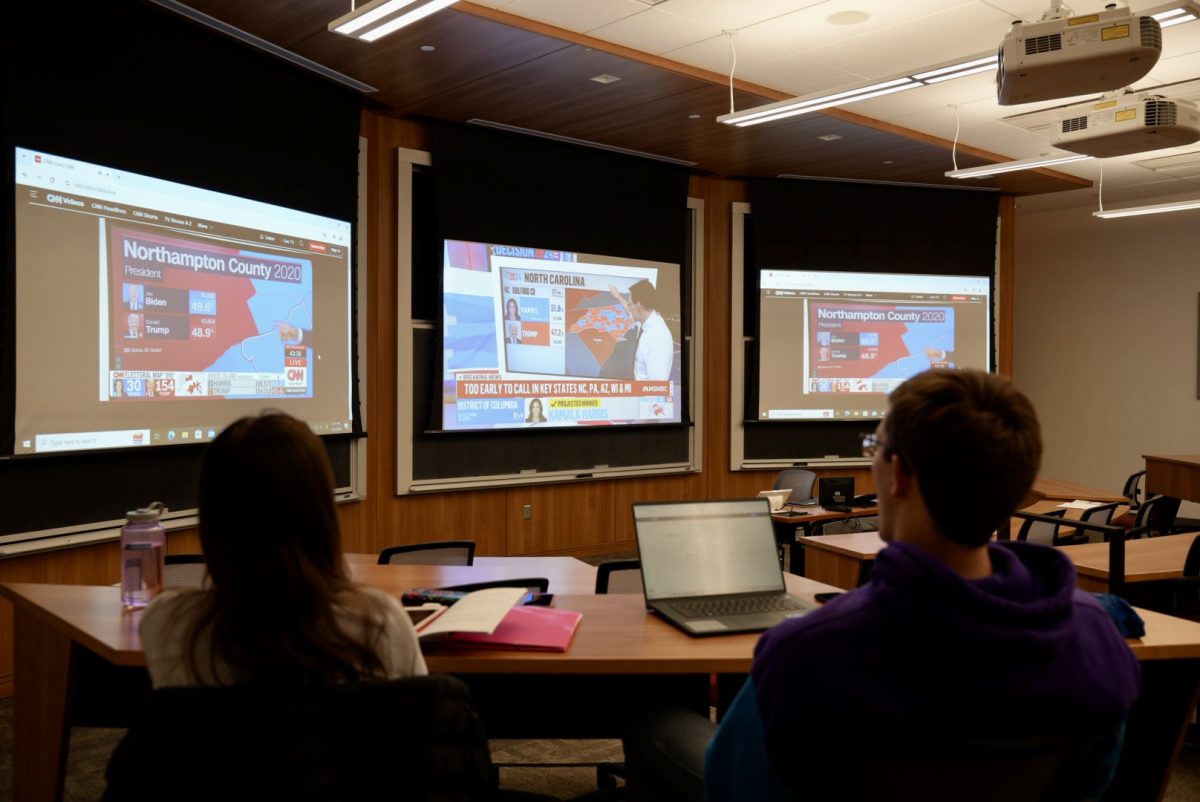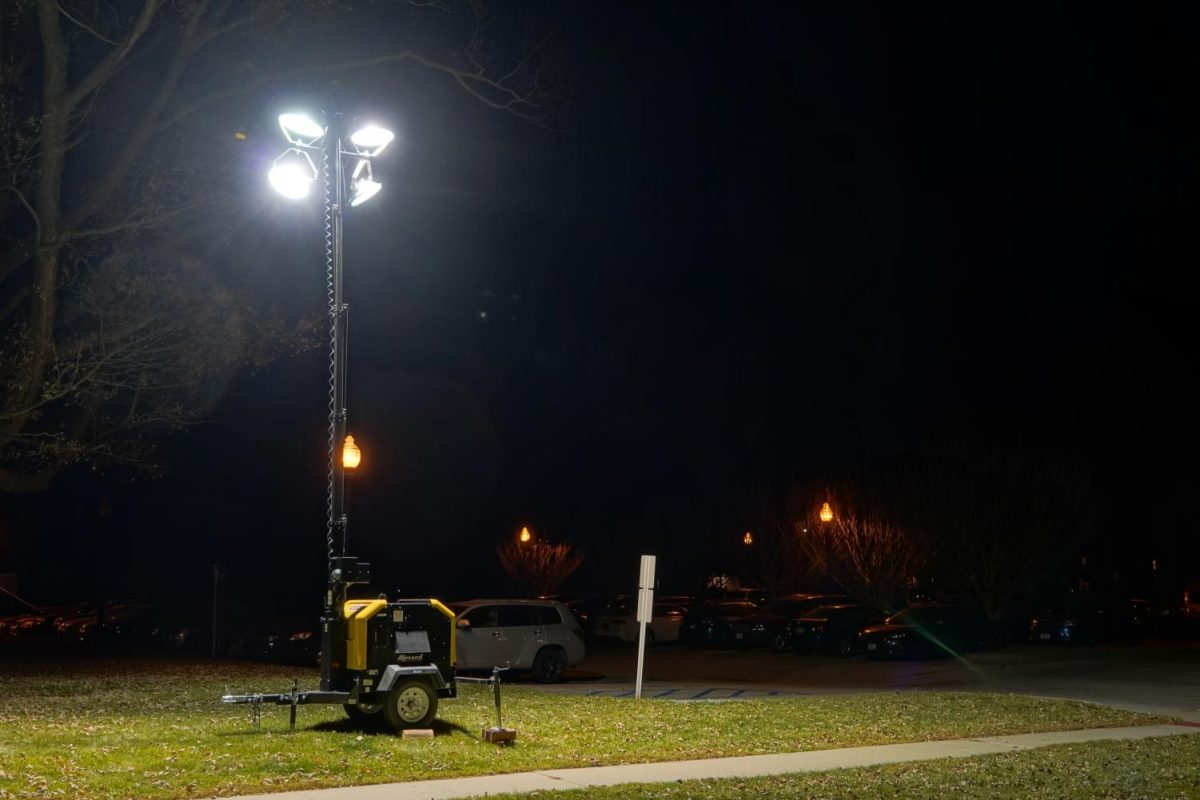This year, the Athletic Department piloted a post-season review program to have more opportunities for athletes to evaluate coaches and comment on their athletic experience. After every athlete’s athletic season, they receive an electronic survey to rate their experience. The survey includes questions related to everything from athletic growth under their coach to the emotional support and camaraderie. Athletic Director Andy Hamilton wanted to introduce a post-season review program after attending a conference on administrative athletics.
“In my first year [as Athletic Director], I was invited to … national athletics administrative training programs and at one of the training programs one of the segments was evaluation and it was made pretty clear that we needed a tool and fortunately there were several people in the room who offered a tool,” Hamilton said.
The post-season review will not be a factor in upcoming review processes and contract renewals because it is not a part of the Dean’s faculty policy. However, Hamilton hopes that this could be the start of long-term evaluation tool. The main review of coaches in the post-season in this past has come from the “captains’ review,” a write-up on the season written by captains.
Athletic coaches undergo the same hiring and review process as academic professors and, depending on their term, have faculty status. The dean’s office, which athletic coaches go through during the review and hiring process, evaluates professors on the quality of their teaching, their scholarship and service. For athletic personnel, the dean’s office and the athletic department follow the same guidelines but include recruitment as a factor for teaching, service and scholarship. The athletic department and the dean’s office consider head coaches as “faculty coaches,” which allow head coaches to teach credited courses.
The athletic department initially contracts coaches for three years and reviews the coach in the second year of the term to determine eligibility for contract renewal. If the coach passes, they earn the renewal, and in their fifth year they must undergo a “complete” review. The complete review includes data gathered from captains and SEPC members, input from alumni and current students and a faculty equity advocate involved in every “deliberative” meeting. Passing the complete review process makes an athletic coach eligible for a faculty coach position and/or a longer contract.
“Longer contracts allow for faculty coaches to get through difficult times, to have a longer arch to be able to address or utilize their strengths and address their weakness so I think it’s very beneficial. Faculty coach positions are pretty unique and we feel fortunate to have that opportunity,” Hamilton said. “I think if you look at the whole continuum of how Grinnell creates faculty coach positions, hires, evaluates, it’s a really healthy process and I take real pride in that whole picture.”
Head soccer coach Brian Jaworski is hopeful about the review process, as it provides information on how he can improve his coaching.
“Anytime you can get feedback, it can be a valuable source of information because so much about coaching is making adjustments from day to day, from week to week, and from year to year. I’ll go through the same routine I do every year and that is all for the purpose of being a little bit better every time I step on the field to coach. I certainly don’t see any harm in the post-review program,” Jaworski wrote in an email to The S&B.
Student athletes hope that a post-season review will hold coaches and the Athletic Department accountable for conflicts that arise during the season. For example, conflicts arose last fall between some players and Jaworski.
Team captains Francisco Conde-Sanchez, Artis Curiskis and Antonio DiMarco, all ’18, mediated meetings between players, coaches and the Athletic Department. As representatives of students and a liaison between students and staff, they saw their position as one of making compromises and advocating for concerned parties.
“I saw genuine attempt by the coaching staff and by most players — not all players — to make changes so that our team could come together as one and have a good season,” DiMarco said.
“In the classroom there are expectations as far as behavior goes and at times I think a player can overstep and the coach can overstep but we can come together and come to a solution about that,” Curiskis said.
“I think that towards the end of the season, after discussing things with our coach from our perspective, he made pretty drastic attempts to change as seen in his interactions and I think that was a testament to how much he really cares about the players and how much he’s really trying to better the program,” Sanchez-Conde said.
Hamilton recommends that, “if a student has a problem with a faculty coach, they work with the faculty coach first. And then we recommend that the student goes to the head of the department. I can meet students regarding their concerns; also there are smaller mechanisms such as [Student Athlete Mentors] and team captains. … If the student still has concerns, then a student can go to someone in the dean’s office or student affairs but we try to treat this as if it’s an academic concern when possible.”
Some players did leave the team, though, and have decided to remain off the team until they believe that more accountability is in place. As of now, Jaworski will keep his faculty coach position. Hamilton and Jaworski hope that they can move forward and make improvements where they need to be.
“The chair of the department needs to provide the coach to operate and in these circumstances. … My job as the chair is to communicate with the faculty coach and I’ve been processing that way. … There’s internal work with the coach and the team and that is probably the place where work needs to occur,” Hamilton said.
“I stand by my approach to coaching as a soccer coach and golf coach. No coach is a perfect coach and no player is a perfect player, but I am extremely proud of the men’s soccer program we have built here at Grinnell. I’m confident that myself and all the players learned a lot this past season and my sense is we will be a more experienced, close-knit group,” Jaworski wrote.
